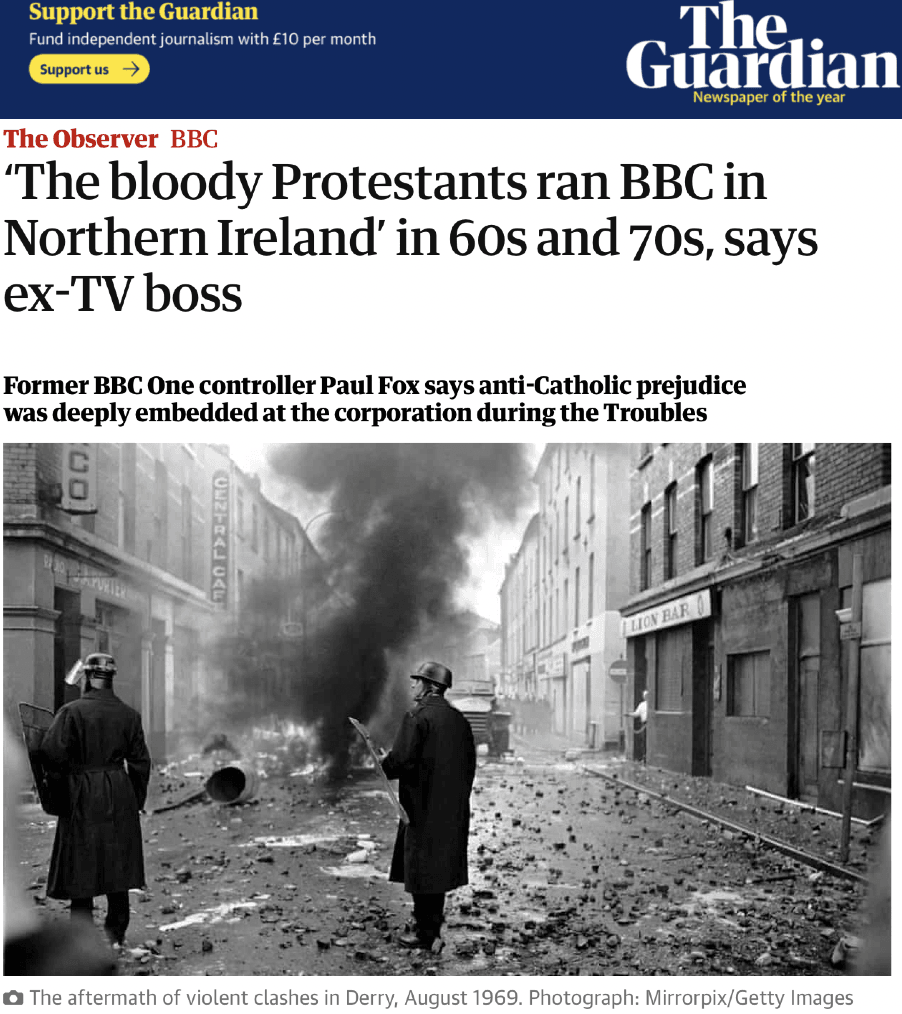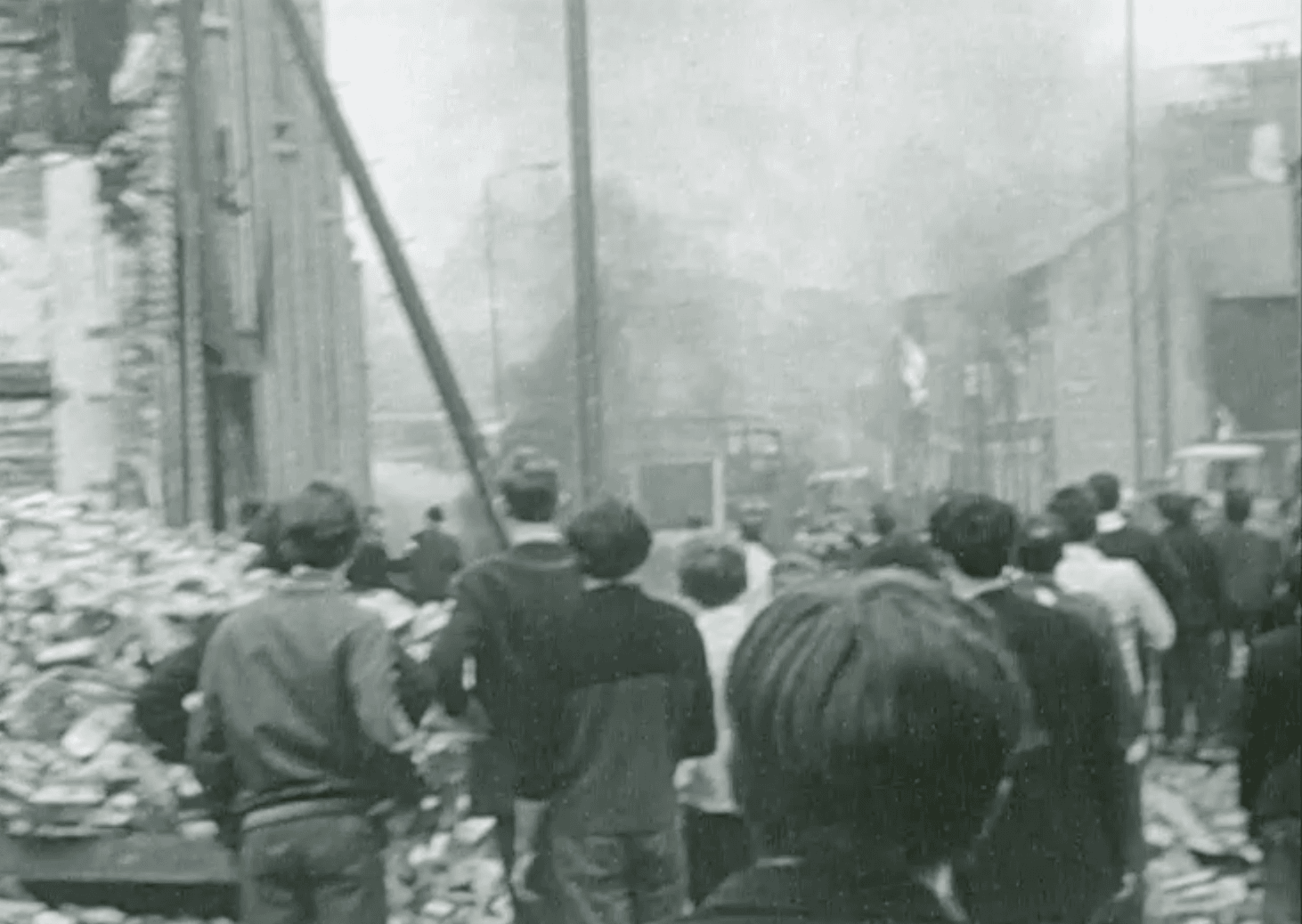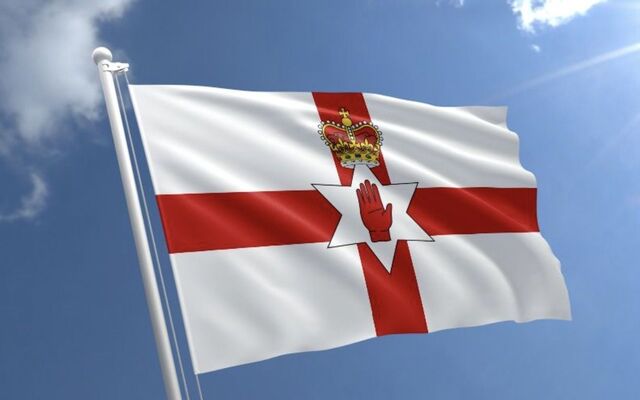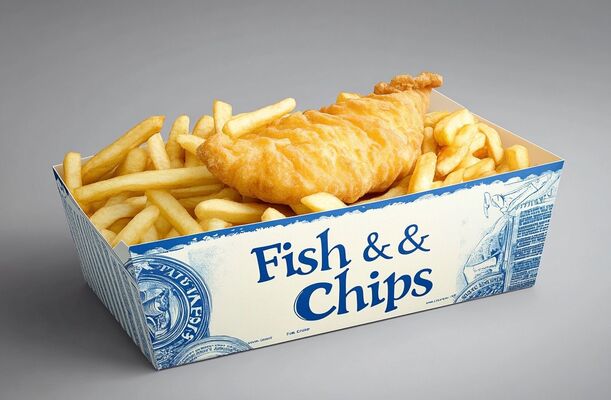THE truth about what was happening in the North in the 1960s as This Here Pravince hurtled towards a quarter of a century of violence was hidden from people because “the bloody Protestants were running the BBC in Northern Ireland”.
That was the inflammatory and unsupported claim of a former IRA prisoner speaking in a South Armagh shebeen at a tribute to the men who carried out the Teebane and Kingsmill atrocities...
No, wait. Squinter’s got his papers mixed up here. Just a second... bear with... where the flip is that thing?... Ah, here it is...
It was actually said by a former BBC employer in an upcoming BBC film on the Troubles. Sorry about that.
What’s that, you ask?
Was he a photocopy operator?
No, a bit more senior.
A postroom operative?
No, not that either.
Kitchen staff?
Nope. In fact, Paul Fox – or Sir Paul Fox as he is now – is considered something of a BBC legend. He was editor of the BBC’s flagship documentary programme Panorama in the 1960s, promoted to BBC Controller in 1967, the year after Gusty Spence’s UVF decided to start killing Catholics again and two years before Belfast went on fire.
BETTER LATE? A senior BBC figure has laid bare the truth about BBC Ulster in the 1960s
So let’s be honest about this: There is not a single person alive who is better placed to comment on the composition and nature of BBC Ulster in the 1960s than Mr Fox. That’s outside of the men in the bowler hats and white gloves who were running Ormeau Avenue’s news and current affairs output at a time of epochal political and social upheaval. And as if his horse’s mouth testimony wasn’t rock-solid enough, the noted BBC journalists Martin Bell and Denis Tuohy confirmed his observation that the truth about anti-Catholic discrimination in the fields of education, work and housing was withheld from us by the Beeb.
So with the possible exception of the Orange Order Grand Master at the time of England’s World Cup win and the quartermaster of the Shankill UVF at the time of the moon landing, we agree that Messrs Fox, Bell and Tuohy know that of which they speak. And if we accept the substance of what they say, we are then propelled forward to the question: To what extent did the suppression of concern about civil rights by our largest media outlet (a publicly-funded one to boot) in the lead-up to 1969 make violence inevitable?
If young men and women who were putting themselves in harm’s way, first by speaking out, and later by taking to the streets, found their voices derided and ignored by Official Ulster, how surprising was it that some of them decided that the ‘constitutional politics’ wasn’t doing it for them?
In retrospect, it’s kind of funny now to remember that BBC Ulster was extremely vocal and robust last year in calling out Michelle O’Neill when she said she believed there had been “no alternative” to the taking up of arms when the Troubles began. Given that those who decided to start looking for guns instead of non-existent answers lived in an anti-Catholic one-party state, Ms O'Neill's opinion is not a nationalist or republican outlier, it is a mainstream position; in fact it is one community’s orthodoxy, as reflected by polling after Ms O’Neill’s words. Throw in the fact that the state broadcaster was run by the same class of people who ran the government and the contention that conflict was unavoidable becomes hard to argue against, if not compelling.
“The British public werent told truth about the Troubles in 60s + 70s because “the bloody Protestants were running the BBC in NI”, then controller of BBC 1 has claimed. This is the damning judgment of one of TV’s most distinguished former top execs.” https://t.co/xiZm9UjNtE
— Paul Larkin (@brehonisbest) February 24, 2024
Here’s another question: Does a state-licensed media outlet which concealed the truth about what was going on here in the North in the lead-up to the Troubles have the right to comment and report on that era, or should it be deemed a protagonist? Squinter’s leaning heavily towards the latter, since BBCNI – on the evidence of a man at the beating heart of the organisation – acted as an arm of the unionist government in covering up egregious bigotry and discrimination.
Had BBC Our Wee Country been holding Stormont up to the harsh light of scrutiny in the early- and mid-1960s instead of letting the ruling party do whatever the hell it wanted without let or hindrance, might the frustration- and anger-fuelled momentum towards violence have been halted, or at the very least slowed to a pace that made it manageable? Had the grievances that fed minority disillusion been reported on instead of being hushed up, would London have moved earlier to compel unionists to behave?
In other words, is the organisation telling us today what happened in the conflict responsible to some degree for the conflict? Now that’s a question worth answering.








